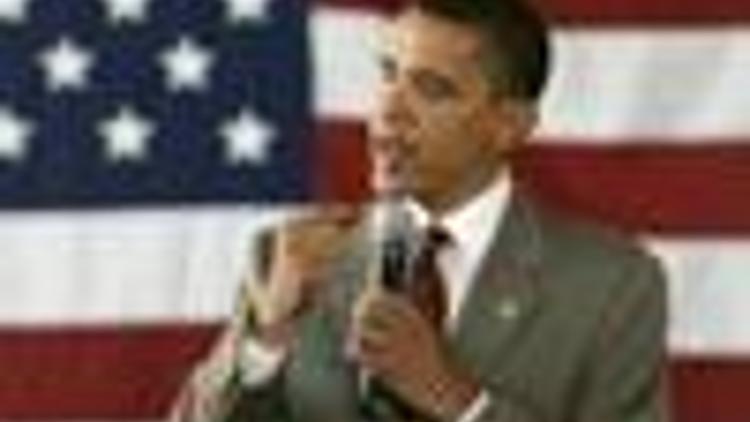Obama calls US "one of largest Muslim countries"
Güncelleme Tarihi:

ISTANBUL - U.S. President Barack Obama, who is set to begin his Middle East trip, on Tuesday referred to the United States as "one of the largest Muslim countries of the world." (UPDATED)
Speaking to Canal+ television in
"I think what we need is to create a better dialogue. So that the Muslim world understands better how the
While admitting that "expectations need to be somehow modest," Obama said he will work with allies on the crisis in
"And one of the points I want to make is -- if you take the number of Muslim Americans -- we would be one of the largest Muslim countries of the world. There has got to be a better dialogue and understanding."
Estimates of the number of Muslims in the
A 2007 study by the respected
The highlight of Obama's Middle East trip will be a much-anticipated address to the Muslim world from
He is first due in
Obama has said he will touch on the Middle East peace process in his
On the eve of his trip, al Qaeda number two Ayman al-Zawahiri told Egyptians to shun Obama, saying his visit was at the invitation of the "torturers of
Egyptian democracy campaigners have criticized the choice of
However, Obama is seen as uniquely positioned among
Obama has repeatedly backed a two-state solution to the conflict, despite Israeli Prime Minister Benjamin Netanyahu’s reluctance to embrace such a position and his defiant stance on Jewish settlements.
Obama, who last week met Palestinian president Mahmud Abbas, is expected to lobby
The son of an African Muslim father, the president spent part of his childhood in majority-Muslim

